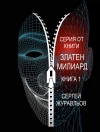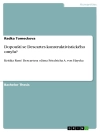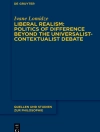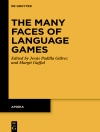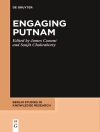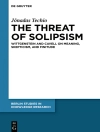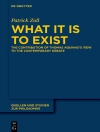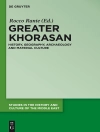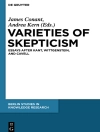The ancient Tamil poetic corpus of the Caṅam (‘The Academy’) is a national treasure for Tamilians and a battle-ground for linguists and historians of politics, culture and literature. Going back to oral predecessors probably dating back to the beginning of the first millennium, it has had an extremely rich and variegated history. Collected into anthologies and endowed with literary theories and voluminous commentaries, it became the centre-piece of the Tamil literary canon, associated with the royal court of the Pandya dynasty in Madurai. Its decline began in the late middle ages, and by the late 17th century it had fallen into near oblivion, before being rediscovered at the beginning of the print era. The present study traces the complex historical process of its transmission over some 2000 years, using and documenting a wide range of sources, in particular surviving manuscripts, the early prints, the commentaries of the literary and grammatical traditions and a vast range of later literature that creates a web of inter-textual references and quotations.
About the author
Eva Wilden, Ecole Française d’Extrême-Orient, Paris, France.


